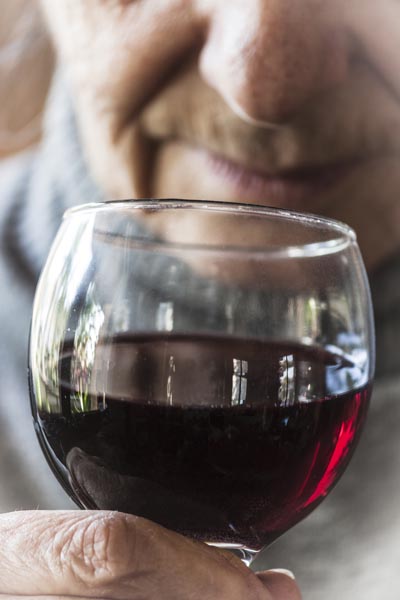Improving quality of life for seniors and elderly adults with substance abuse problems throughout New York City including Manhattan, Brooklyn, Bronx, Queens, Staten Island and Nassau County.
 Up to this point, society viewed addiction and substance abuse as primarily a young person’s affliction. However, a whole generation of younger people is aging out and bringing their habits and attitudes about drugs and addictions with them. As baby boomers enter the golden years, their exposure to alcohol and drugs as youngsters makes them more open to them now.
Up to this point, society viewed addiction and substance abuse as primarily a young person’s affliction. However, a whole generation of younger people is aging out and bringing their habits and attitudes about drugs and addictions with them. As baby boomers enter the golden years, their exposure to alcohol and drugs as youngsters makes them more open to them now.
According to the NYS Office of Alcoholism and Substance Abuse Services (OASAS), this hidden national epidemic is prevalent in those aged 60 and older. As a result, many organizations have new guidelines for doctors and health professionals to screen each and every patient for alcohol and drug abuse.
National Epidemiologic Survey on Alcohol and Related Conditions has data showing that one in five people over 65 have had a substance or alcohol abuse problem at some point in their lives. The substances of choice were alcohol and tobacco.
Opioids are prescribed for pain, but due to their high acclimation effect, higher and higher doses are needed to get the same result. Doctors, given specious information from drug companies and largely untrained in pain management, prescribe them again and again in a naive attempt to improve quality of life. Furthermore, patients are not educated in alternative methods.
There are a number of factors that make the elderly in general and today’s aging baby boomers specifically more susceptible to becoming addicts.


 Women, who generally live longer, are more likely to fall prey to substance abuse later in life. Alcohol is usually the drug of choice, but prescription medications rank just below that. Many of these prescription drugs include opiates for pain relief for diseases like arthritis and sedatives for anxiety and sleep disorders.
Women, who generally live longer, are more likely to fall prey to substance abuse later in life. Alcohol is usually the drug of choice, but prescription medications rank just below that. Many of these prescription drugs include opiates for pain relief for diseases like arthritis and sedatives for anxiety and sleep disorders.